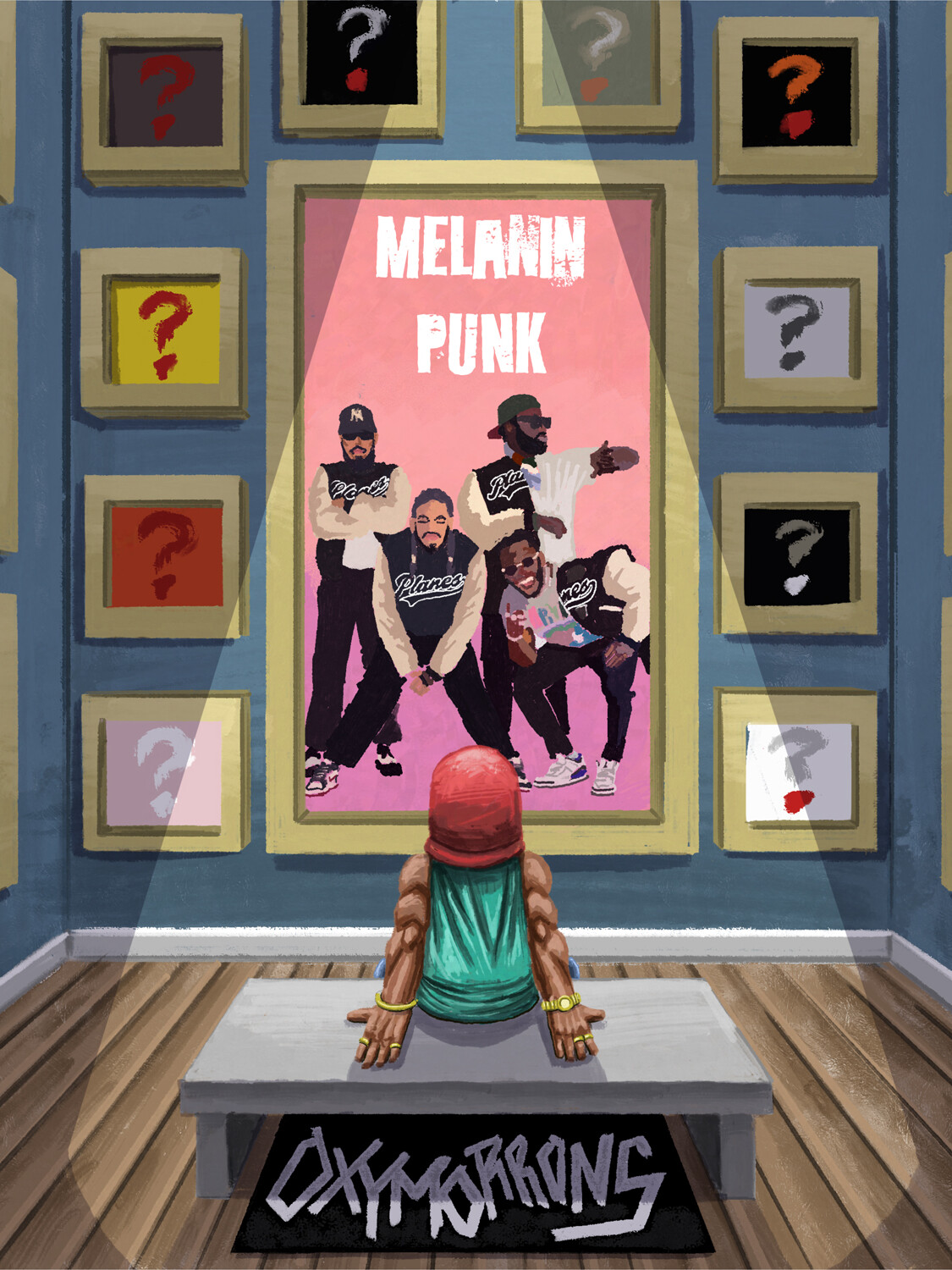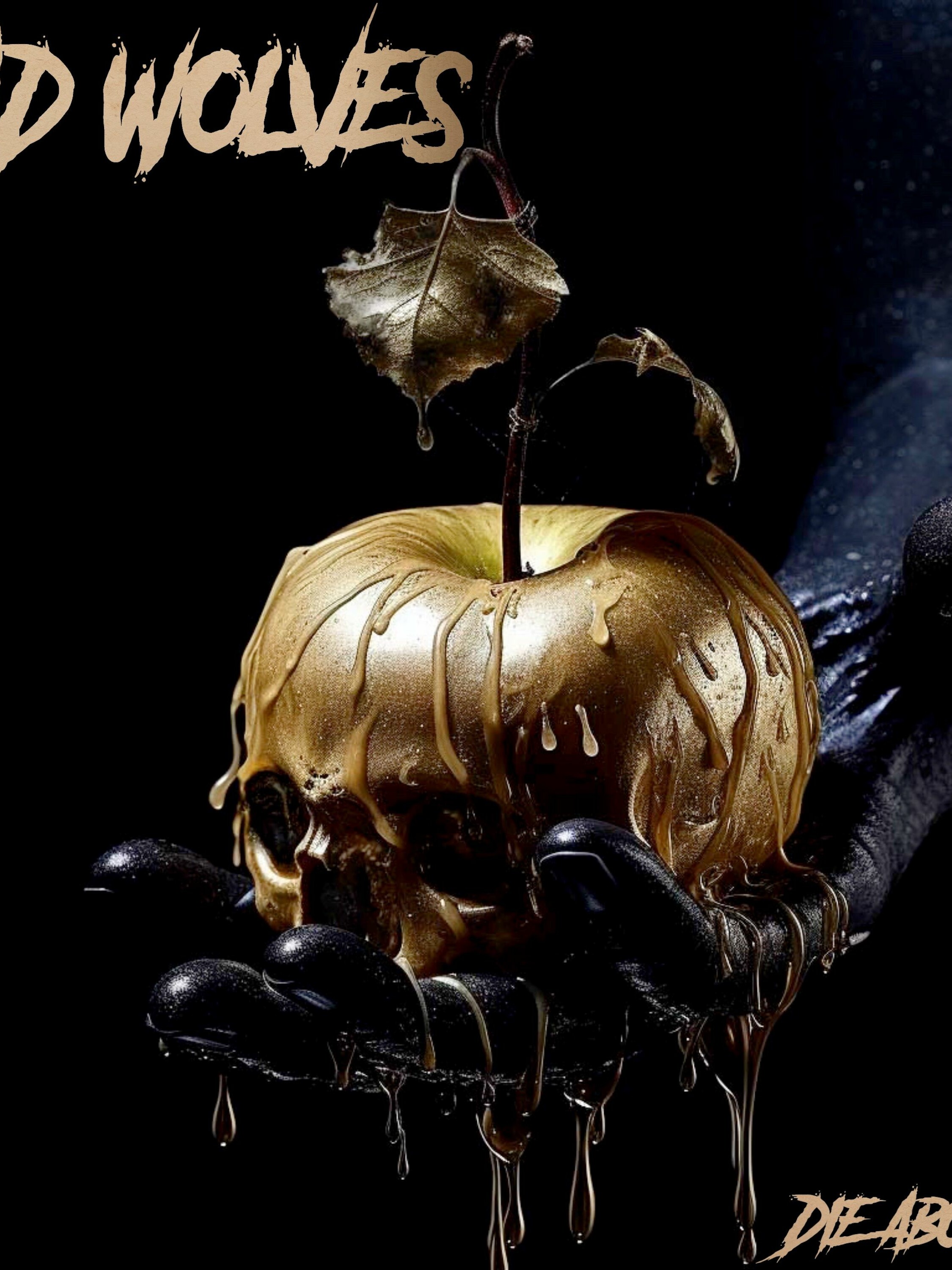I didn’t know you were in a Beatles cover band! This week’s guest on Discover New Music is the one-and-only Mick Mars. With every note on his solo debut “The Other Side Of Mars” you’d never guess that he’s pushing 73! With each song Mick’s aim was to push and reinvent himself to show everyone…The Other Side Of Mars! And, before his trip to the dentist, a quick round of Rapid Fire is played with neither disco nor techno allowed.

When Mick Mars stepped back from touring with Mötley Crüe – the band he co-founded more
than 40 years ago – following their massive summer 2022 Stadium Tour, it seemed like the end
of an era.
Really, it was the beginning of a new one.
The legendary guitarist, whose riffs, solos and overall devastatingly heavy sound powered the
L.A. icons through four decades of world-conquering, multi-platinum sonic mayhem is, as he
demonstrates on his debut solo effort, still a serious force to be reckoned with. Only now,
listeners are reckoning with more Mars than ever before. “When it comes to my playing, there’s
the Mötley side and the Mars side,” the guitarist says. “Either way, I always have a very clear
vision of what I want to do.”
On the aptly-titled The Other Side of Mars, fans get that vision in its full, multifarious glory. To
be sure, there are plenty of characteristically riff-tastic, tough-as-nails hard-rock anthems (the
rampaging “Loyal to the Lie,” the deep-in-the-pocket groove-rocker “Ain’t Going Back,” the
hooky and melodic “Right Side of Wrong”) to be heard on the record. But The Other Side of
Mars also shows the 72-year-old guitarist heading into new and uncharted territory, tearing
through caustic, modern metal (“Broken On the Inside”), conjuring gothic-tinged soundscapes
(“Undone”), digging into anguished, slow-burning power balladry (“Killing Breed”) and
unspooling bluesy, cinematic instrumental workouts (the album-closing guitar showcase, “L.A.
Noir”). The music throughout the 10-track collection, meanwhile, is otherwise studded with slide
guitars, violins, violas, keyboards, glitchy freak-outs and all manner of sonic surprises.
“There’s a lot of ideas that I have that, I don’t want to call them ‘left,’ but they are, you know
what I mean?” Mars says. Regarding those stylistic turns, he continues, “My feeling has always
been, I might gain some fans, I might lose some fans. But what they’re hearing, it’s all me.”
The guitarist enlisted a crack team of musicians to help him along the way. A key contributor to
the project was Winger and former Alice Cooper keyboardist (and, like Mars, Nashville resident)
Paul Taylor, who, in addition to performing on the record and assisting Mars in co-writing many
of the tracks, introduced the guitarist to powerhouse vocalist Jacob Bunton. “Jacob came into the
studio and it was like, bam!” Mars recalls. “And I just said, ‘Yeah, he’s the guy.’ And most of
his vocals were one take.”
The supporting band was rounded out by Korn drummer Ray Luzier, bassist Chris Collier, and
singer Brion Gamboa, who contributed lead vocals to two songs, “Undone” and “Killing Breed,”
both of which, Mars says, “required a little bit more of an angsty, desperation kind of thing. And
Brion really came to the table with that.” Alongside playing bass on all songs recorded, Collier
mixed and mastered the debut solo album.
But while Mars surrounded himself with a new cast of players for the sessions, there was one
figure who represented a significant link to his storied past: Michael Wagener. The much-lauded
German producer and engineer worked behind the boards on Mötley Crüe’s 1981 debut, Too
Fast For Love, and his relationship with Mars stretches even further back. “I had known him for
a long time, and I actually brought him to Mötley,” Mars says. Working with Wagener this time,
the guitarist continues, “he had such an understanding of where I wanted to go with the material.
And he never said ‘Hey, do this,’ or tried to change my mind or anything like that. He was just
really adamant about recording what I wanted to record, and making sure we recorded it right.”
The result is a record unlike anything Mars has offered up in his more than 40-year career. Take
the piano-and-strings track “Memories,” which, Mars recalls, he began writing “back when I was
still touring with Mötley. I gave it to Paul Taylor, and I had him transpose all my parts to
keyboard. And then I said, ‘That’s it.’ I didn’t want any drums, I didn’t want any over-the-top,
here-comes-the-sun-over-the-mountains in the chorus kind of crap. I wanted to keep it simple,
and focus on the melody.”
Or “L.A. Noir,” which, Mars says, was inspired by “old ‘30s and ‘40s B-movies about sleuth
detectives, flatfoots, private eyes, that kind of stuff. I came up with the main lick maybe 30 years
ago, and never really had a chance to do anything with it until now. I love that big-band sound
and era, so we tried to capture that, but with a real sleazy, noir-ish vibe.”
As for the album’s leadoff track and first single, “Loyal to the Lie”? Well, that one was easy. “I
wanted to do something that was just big and mean,” Mars says with a laugh.
But no matter what direction he’s going in on The Other Side of Mars, what ties it all together is
“that people are going to hear my tone – my sound,” Mars says. “I am what I am. Nobody else
can do it. And like everyone, I’ve got a limited number of years. So I’m gonna do all I can to do a
lot of stuff.”
To that end, he says that even as he unleashes The Other Side of Mars on the world, he’s already
working on a follow-up. And while he remains a member of Mötley Crüe (“when they need me,
I’m here,” he says), Mars is no longer spending his days and nights in arenas and stadiums
throughout the world. Which means, he says, he has more time to pursue his own musical muse.
“I’m trying to keep growing,” Mars says. “Because if you stop learning new things, if you stop
playing new things, if you close your mind, you’re done. You have to keep moving and creating.
Next!”











